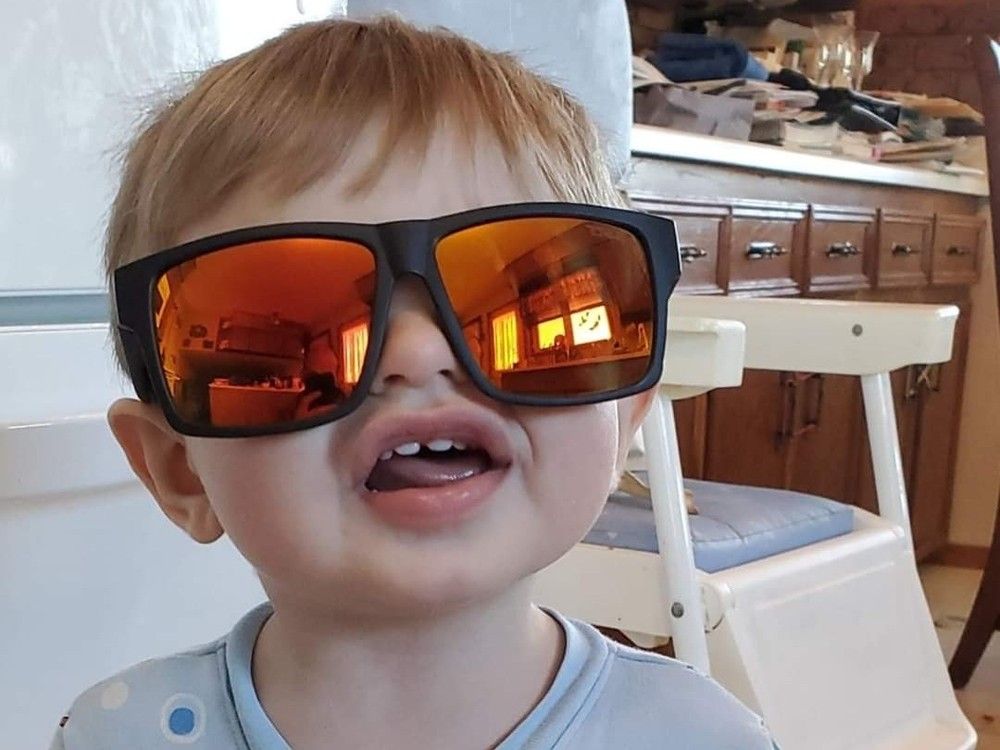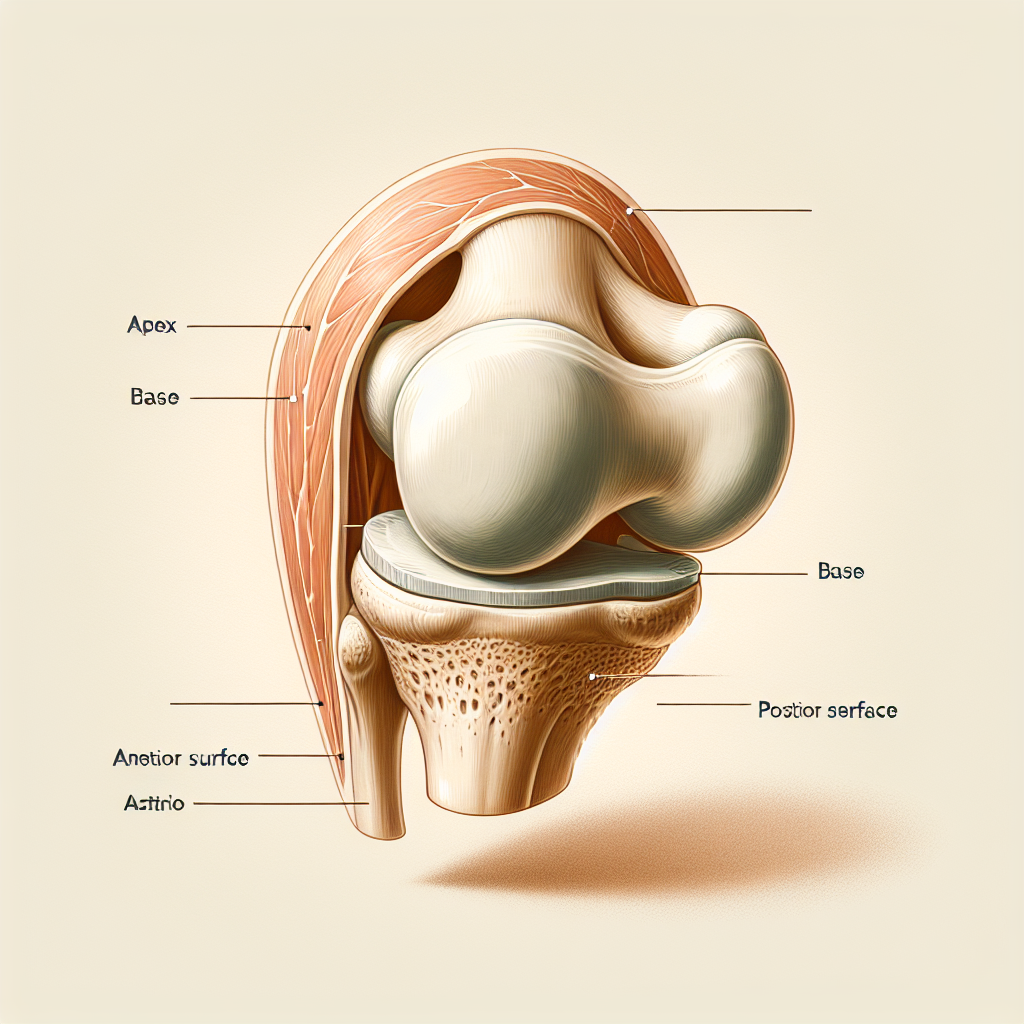Article content The judge who acquitted Chelsea Whitby of manslaughter in relation to the 2020 death of her toddler did not make mistakes in limiting the testimony of experts, the woman’s lawyers argue. And if the limitation of the admissible testimony by two doctors was an error, it didn’t affect the outcome of the case anyway, they further submit. Those positions essentially form the core of written appeal arguments contained in a legal document called a factum, which was filed with the Saskatchewan Court of Appeal on April 16.
It was submitted as a response to arguments made by the Crown in its own factum. Chelsea Whitby’s son, Emerson, was 18 months old on June 10, 2020 when he suddenly died. Autopsy results showed the cause of death to be a subdural hemorrhage caused by significant blunt force trauma to the head.

Whitby was originally charged with second-degree murder in the death. What, and potentially who, caused that trauma was a question at issue in the proceedings, which included testimony from a number of medical experts. The Crown eventually sought a conviction for the lesser offence of manslaughter, but the mother was acquitted of that charge in September 2023.
An appeal was brought by the Crown before the month was out. That appeal was based on the premise that the judge who presided over Whitby’s trial improperly limited the scope of testimony by two doctors. Those doctors, the Crown factum argues, have done enough work and demonstrated enough specialized knowledge to offer testimony that “touches on skull and brain injuries and symptoms.
” According to the Crown, the doctors were not allowed to testify about some aspects of the case, including certain opinion evidence about what caused Emerson’s injuries. Whitby’s lawyers submit that the admission of “unqualified or unreliable expert testimony — particularly in cases involving the death of children — can be dangerous and have devastating consequences.” The judge, Whitby’s lawyers argue, was right to limit the doctors’ testimony.
“They did not have the requisite expertise to offer their opinions on these nuanced and technical issues.” Further, there was “no lack” of expert testimony admitted from other medical professionals, they point out. “In any event, this is not a case where limiting the experts evidence left the Court with a sanitized view of the case,” Whitby’s factum reads, suggesting the court heard from “true experts on the subject matter” who were properly qualified.
Even if the judge did make a mistake in limiting the testimony of the two doctors, the Crown hasn’t proven it would have had any effect on the outcome of the case, Whitby’s factum states. Her lawyers argue that her statement to police, in which she denied harming her son, was the “defining feature” in the decision of the judge, who was left with reasonable doubt. The factum is asking judges of the province’s highest court to dismiss the Crown’s appeal.
A hearing has been scheduled for May 7, at which time lawyers are expected to make oral arguments. It is unclear when the court will render a decision on the appeal. bharder@postmedia.
com The Regina Leader-Post has created an Afternoon Headlines newsletter that can be delivered daily to your inbox so you are up to date with the most vital news of the day. Click here to subscribe. With some online platforms blocking access to the journalism upon which you depend, our website is your destination for up-to-the-minute news, so make sure to bookmark leaderpost.
com and sign up for our newsletters so we can keep you informed. Click here to subscribe. Share this Story : Lawyers of woman acquitted in Regina toddler death case refute Crown's claims on appeal Copy Link Email X Reddit Pinterest LinkedIn Tumblr.
Politics

Lawyers of woman acquitted in Regina toddler death case refute Crown's claims on appeal

Even if it was a mistake to limit the testimony of two doctors, it didn't have a bearing on the outcome of Chelsea Whitby's case, her lawyers argue.















